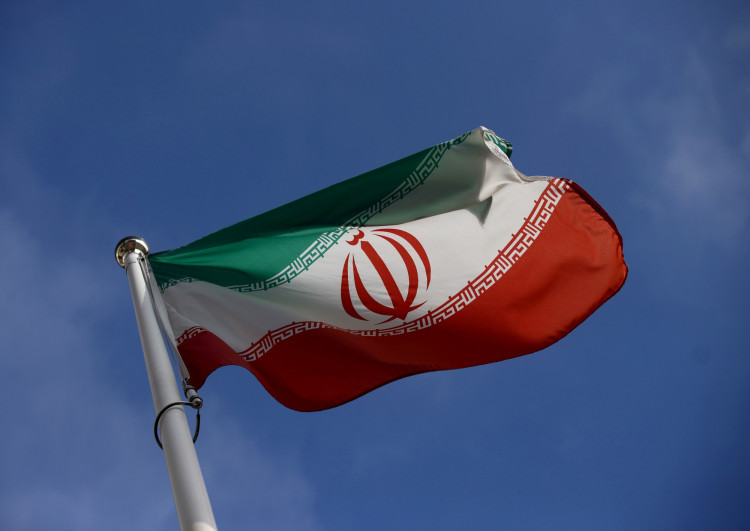Iran has replaced portions of its air defense systems damaged during last month's conflict with Israel, signaling a swift recovery as the country braces for potential renewed hostilities and prepares for high-stakes nuclear negotiations in Istanbul later this week.
Rear Admiral Mahmoud Mousavi, deputy for operations in Iran's regular army, confirmed the restoration effort in comments to the state-affiliated Defah Press news agency. "Some of our defense systems were damaged in this war; but with the efforts of my comrades the damaged systems were replaced and deployed in predetermined locations," Mousavi said.
The damage came after coordinated Israeli airstrikes in June, during which Israeli forces briefly asserted dominance over Iran's airspace. Israeli warplanes targeted Iranian military infrastructure, including air defense sites, while Iran responded with missile and drone barrages aimed at Israeli territory.
Iran's upgraded defense systems were reportedly restored using only domestically produced technology. The Iranian arsenal includes the Bavar-373 long-range platform and Russian-made S-300 systems. Defah Press made no mention of recent acquisitions of foreign-made systems.
"The Zionist enemy sought to destroy Iran's defence capabilities," Mousavi stated. "This is not something we can hide."
The confrontation followed earlier Israeli strikes in October targeting Iranian missile factories. Tehran responded then by publicly showcasing restored Russian systems in military exercises, signaling its resilience in the face of foreign attacks.
As both sides rearm, the risk of further military escalation looms. "The campaign against Iran is not over. We are entering a new phase," said Israeli Military Chief of Staff Eyal Zamir.
At the same time, Iran is set to resume nuclear diplomacy. Officials from France, Germany, and the United Kingdom-the so-called E3-along with the EU's foreign policy chief, are scheduled to meet Iranian representatives in Istanbul on Friday. The talks aim to revive the 2015 nuclear agreement, which the United States exited under President Donald Trump in 2018.
Iranian Foreign Minister Abbas Araghchi cautioned the European powers to abandon what he called coercive tactics. "If EU/E3 want to have a role, they should act responsibly, and put aside the worn-out policies of threat and pressure, including the 'snapback' for which they lack absolutely [any] moral and legal ground."
The nuclear talks come as the October 18 deadline approaches for Western powers to decide whether to reimpose United Nations sanctions on Tehran. Iran maintains that its nuclear activities remain peaceful and within the framework of international agreements, despite increasing Western concern over uranium enrichment levels and regional military posturing.






